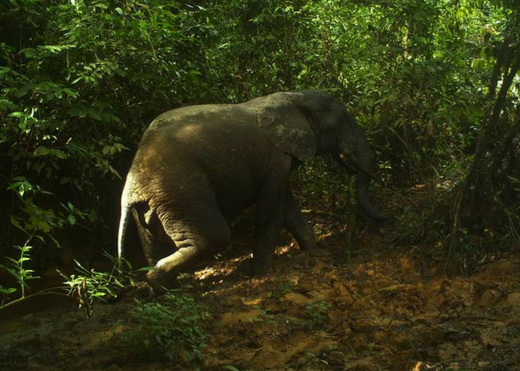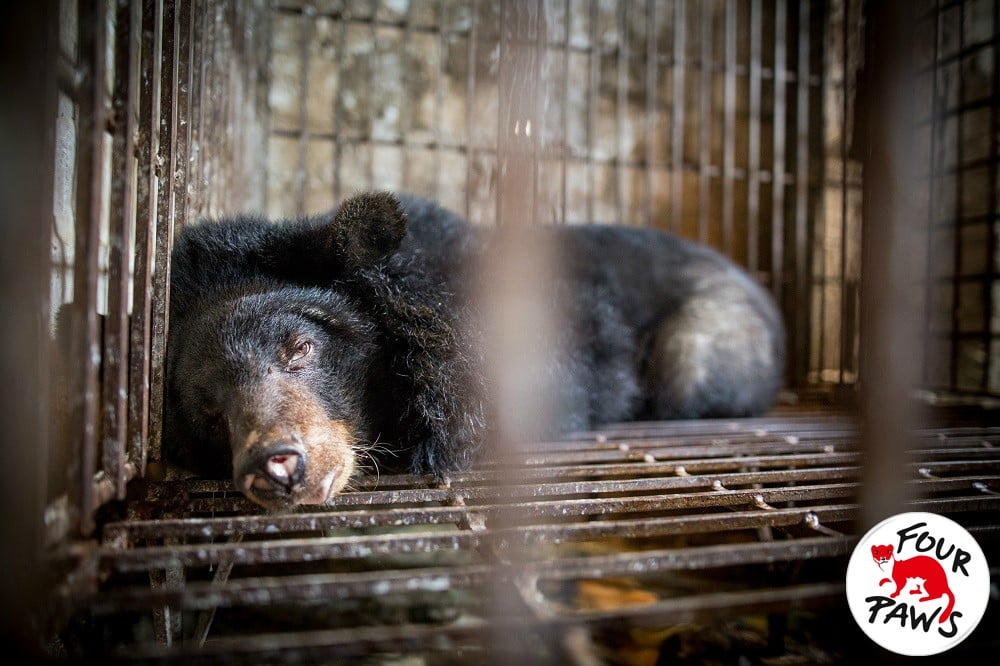France ready to ban the sale of petrol and diesel cars by 2040
Posted on
The BBC reports today that France is ready to ban the sale of petrol and diesel cars by 2040.
Nicolas Hulot is a veteran environmental campaigner who was appointed by the new French President Emmanuel Macron.
The planned ban on fossil fuel vehicles is part of the French renewed commitment to the Paris climate deal; France plans to be carbon neutral by 2050. The decision was a factor as a result of the US withdrawal from the Paris Climate Change Agreement.
It is not yet clear what will happen to existing fossil fuel vehicles still in use in 2040. It is intended that poorer households will get financial help to replace older more polluting cars with cleaner ones.
Volvo has announced that all its cars will at least be partly electric from 2019. Renault's "Zoe" electric vehicle range is one of the most popular in Europe.
The French also want to end coal power plants by 2022, to reduce nuclear power to 50% of total output by 2025 and end the issuing of new oil and gas exploration licences.
Paris saw several days of peak pollution in March, and it's put into place some measure to cut down on cars. Several French cities have high levels of air pollution - but it's also a problem in mountain areas!
Norway wants to move to electric-only vehicles by 2025, as does the Netherlands. And Germany and India have proposed similar measures, their target date being 2030.
While it's good to see governments taking action, that won't be enough. We all need to see what we individually can do to cut pollution.

